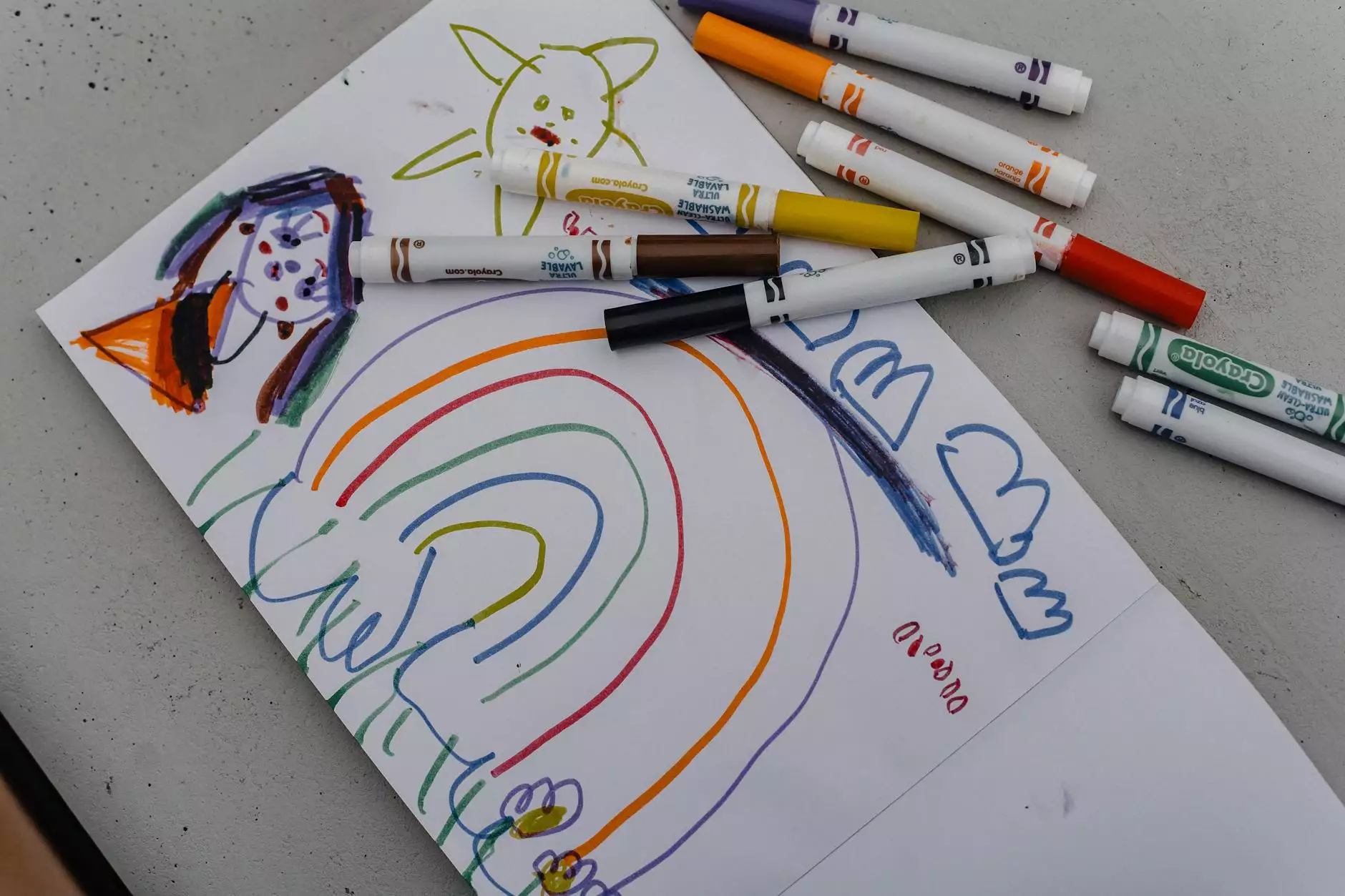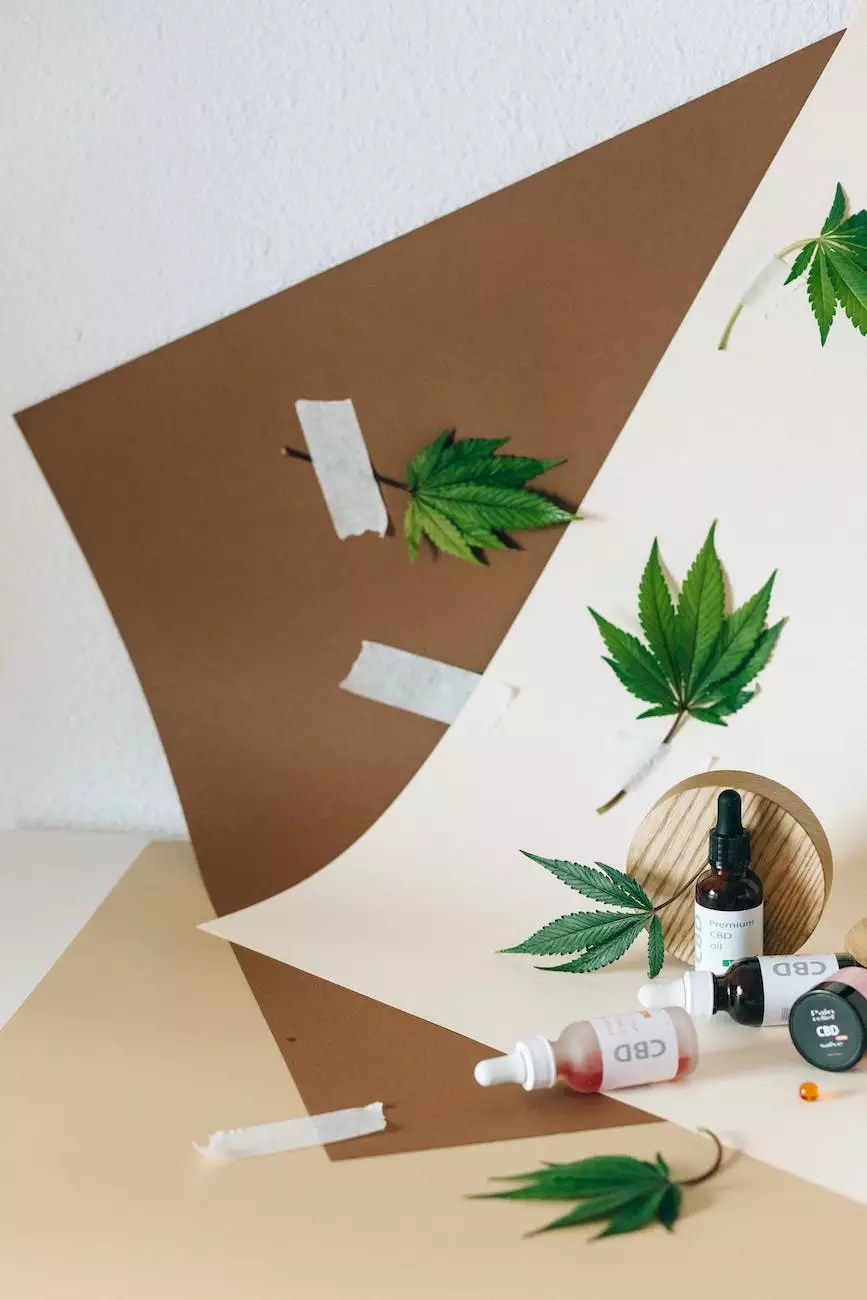Growing Pains for Kids

Understanding and Alleviating Discomfort
Introduction
Redding Integrative Medicine welcomes you to the world of natural and alternative medicine for children. In this article, we will explore the topic of growing pains in kids and provide valuable insights on how to help your little ones overcome this common discomfort.
What are Growing Pains?
Growing pains are a frequently encountered issue among children, typically between the ages of 3 and 12. These pains manifest as discomfort or mild aches, most commonly in the legs and sometimes in the arms. Despite the name, growing pains are not directly caused by growth spurts.
Symptoms
Identifying growing pains can be tricky, as the symptoms often mimic those of other conditions or injuries. However, the following characteristics may indicate growing pains:
- Location: The pain primarily occurs in the muscles, not the joints.
- Timing: Pains often intensify in the evenings or at night, interfering with sleep.
- Duration: The discomfort usually lasts for a short period, typically less than an hour.
- Frequency: Growing pains can occur on and off over several months, but not continuously.
Possible Causes
The exact cause of growing pains remains unknown, but research suggests various factors may contribute to their occurrence:
- Muscle fatigue: Active children who engage in physical activities may experience muscle fatigue, leading to pain.
- Overuse: Repeated and excessive strain on the muscles may result in discomfort.
- Genetics: Growing pains sometimes run in families, indicating a potential genetic link.
Managing Growing Pains
1. Gentle Massages and Stretches
Encourage your child to gently massage the affected area or perform stretching exercises to relieve muscle tension and reduce discomfort. Our experienced practitioners at Redding Integrative Medicine can demonstrate helpful techniques.
2. Warm Baths
Soaking in a warm bath before bedtime can help relax the muscles and alleviate growing pains. Adding Epsom salts to the water may provide additional relief.
3. Heat or Cold Therapy
Applying a heating pad or a warm towel to the painful area can soothe muscle aches. Alternatively, some children find relief with a cold pack or ice wrapped in a towel.
4. Adequate Rest
Ensure your child gets sufficient rest and sleep to aid in their overall well-being. Fatigue can exacerbate growing pains, so establishing healthy sleep habits is essential.
5. Balanced Diet
A well-rounded diet rich in essential nutrients can support your child's growth and overall health. Certain minerals, like calcium and magnesium, play a vital role in muscle function and can potentially help alleviate growing pains.
6. Consultation with a Specialist
If your child experiences persistent, severe, or concerning symptoms, it is best to consult a trusted healthcare professional. At Redding Integrative Medicine, our team specializes in alternative and natural medicine for children and can provide expert guidance tailored to your child's unique needs.
In Conclusion
Understanding growing pains and implementing appropriate remedies can greatly improve your child's comfort and well-being. Redding Integrative Medicine is dedicated to providing holistic solutions for children's health concerns. Contact us today to schedule a consultation and learn more about our comprehensive approach to alternative and natural medicine.
Disclaimer
Please note that the information provided in this article is for educational purposes only and should not replace professional medical advice. Always consult a healthcare practitioner for accurate diagnosis and guidance regarding your child's health.









